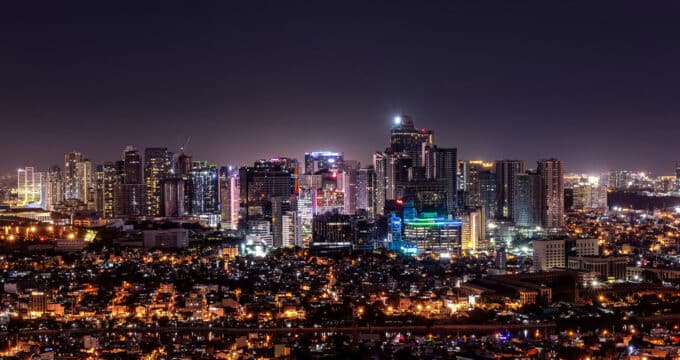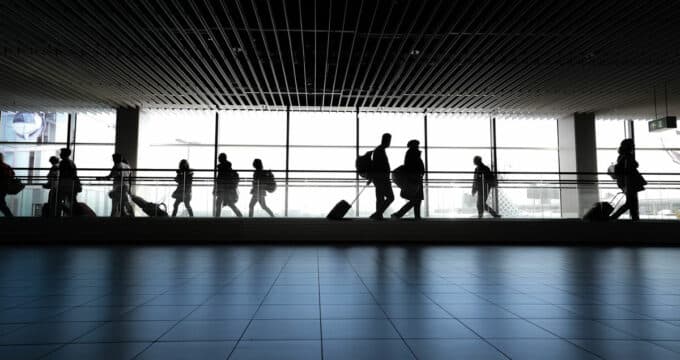Student visa interviews: Behind the glass
No, it's not a first date. It's worse: the student visa interview. Even the most confident of students will surely be nervous when it comes time to stand before a US consular officer who will ultimately decide their fate. Today we take some of the mystery out of the student visa interview process, and offer advice as to how agents can help their students when they apply for a visa. We head straight to the source and get a US Department of State (DoS) retired senior consular officer’s perspective on visa processing. ICEF Monitor's exclusive video interview with Tony Edson gives a behind the scenes look at student and exchange visitor visa processing and the thinking of consular officers as they evaluate an application and decide whether to grant or deny a visa. Mr Edson is a US Homeland Security and Visa Consultant, whose 28-year career with the DoS culminated in his time after 9/11 as Deputy Assistant Secretary for Visa Services. As a specialist who has held senior policy jobs with the DoS in Washington, DC, and served around the globe in consular positions, Mr Edson offers a unique insider's view on the visa process. Mr Edson explains some of the basics that officers are looking for during the interview in order to determine if people are bona fide students entering the US with the intention to study, such as if they have a residence abroad to return to after their studies, enough funding to pay for their education and cost of living, and (if required) can demonstrate a working knowledge of English. Students should be prepared to answer questions about their education goals, why they chose a particular school or area of study, and what they hope to do with the degree they are seeking. In addition to informing students of the types of questions to expect, student recruitment agents should also advise students of the actual physical environment in which the interview takes place: in a noisy, busy area, behind a ballistic glass window, via microphones that might be of limited quality, etc. These physical parameters, when combined with language barriers and general nervousness or anxiety a student might be feeling, can all contribute to an intimidating environment. Therefore, it's important for agents to prepare their students beforehand by letting them know as much as they can about the interview process. Despite clear strategies for effectively preparing applicants for a successful interview, naturally, not every applicant will be successful. Mr Edson offers reasons for visa denials and what to do when this occurs. For example, if agents notice a pattern emerging around visa denials (from the same consular office, for students who were all admitted to the same school overseas, for students who all had the same field of study, etc.) then they can perhaps work together with the sponsoring institution to prepare a cover letter to submit with the visa application. Finally, we widen the scope and consider not just visa interviews for individuals, but also for student groups entering the US (i.e., for summer or sport camps, dance troupes, bands, etc.). It's important to note that within a group, it is possible for some students' visas to be rejected while others are accepted. Mr Edson shares some tips on how to avoid this from happening.














